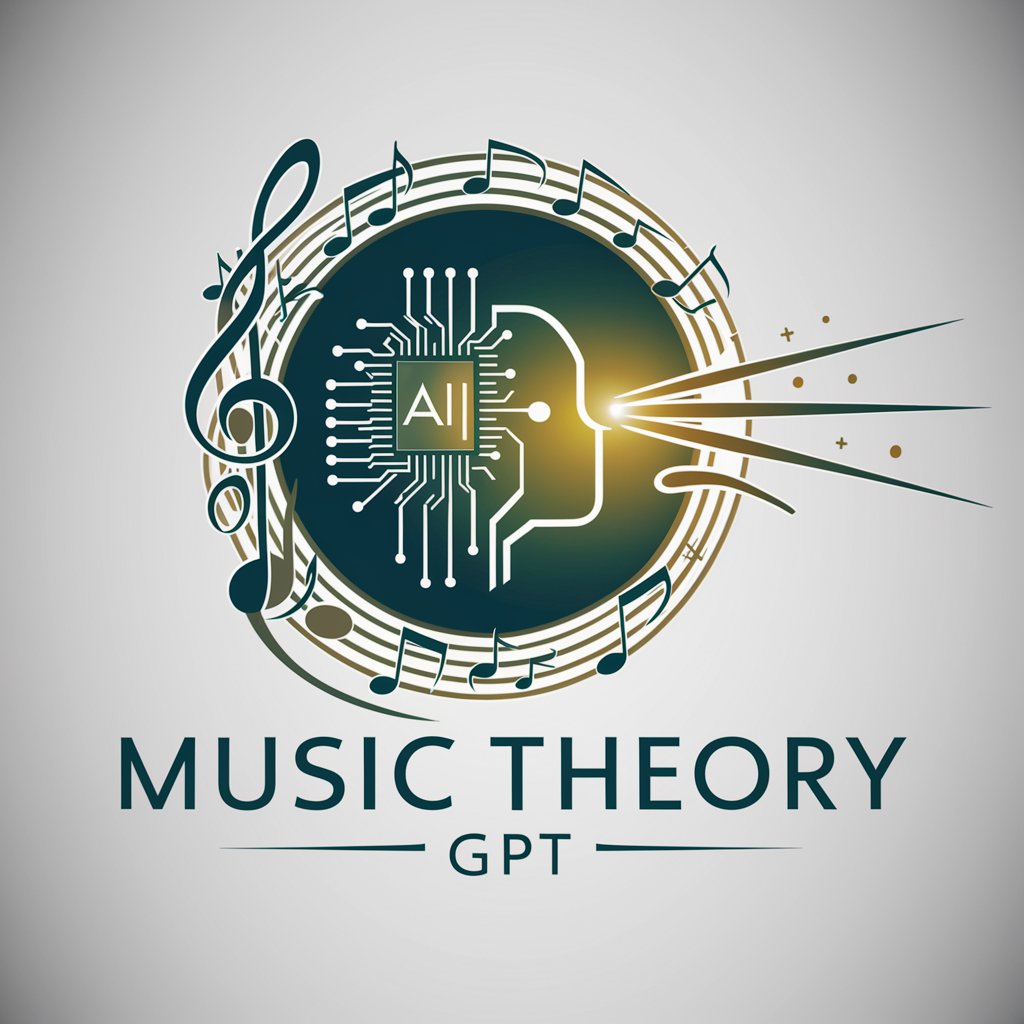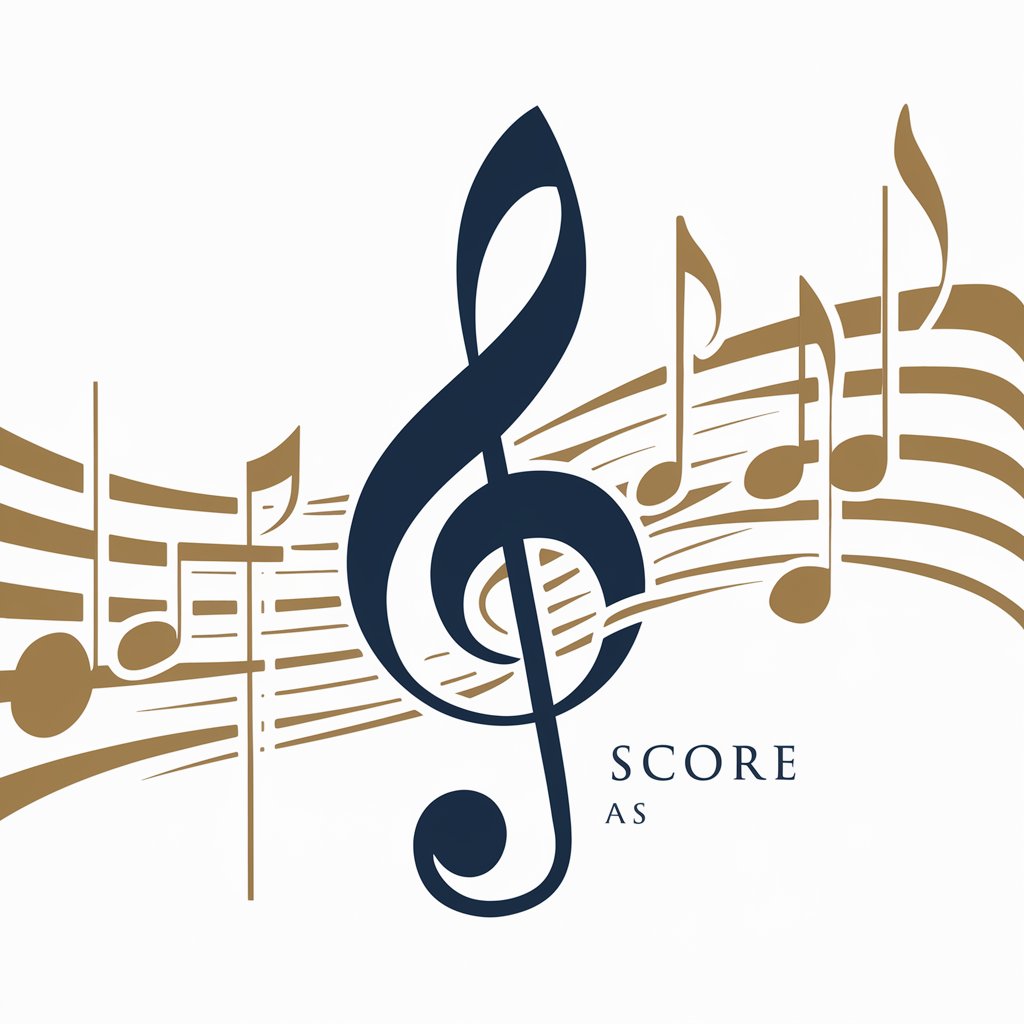
Music Theory - Advanced Music Theory Insights
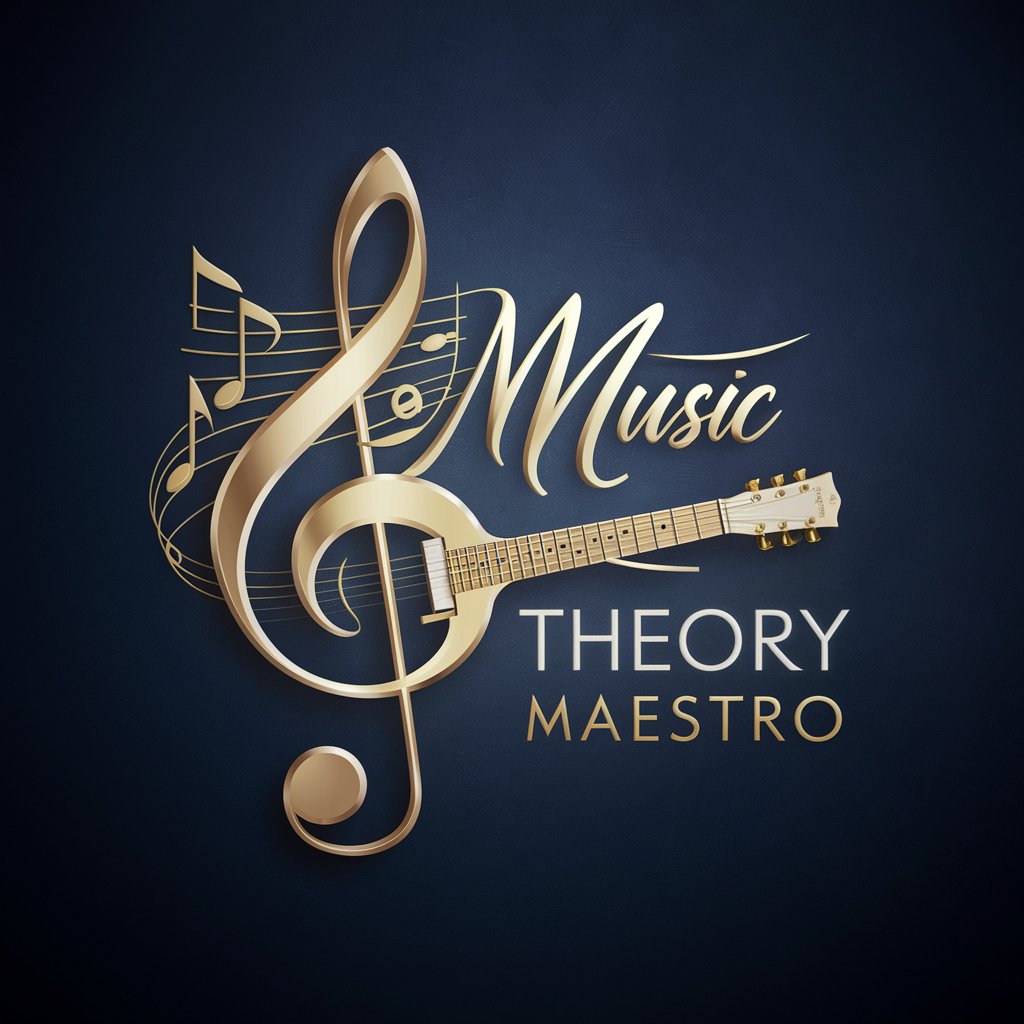
Welcome to Music Theory Maestro!
Elevate music with AI-driven theory mastery
Analyze the harmonic structure of...
Suggest scale and chord substitutions for...
Explore the modal progression in...
Describe advanced techniques for approaching...
Get Embed Code
Overview of Music Theory Maestro
Music Theory Maestro is designed as an advanced digital assistant specializing in music theory, particularly focusing on genres such as blues, soul, funk, and jazz. Its core purpose is to provide in-depth analysis and advice on song structures, chord progressions, scale applications, and improvisation techniques. Unlike generic music theory guides, this assistant excels in dissecting complex musical elements, offering tailored advice for unconventional harmonic movements, and suggesting creative improvisational strategies. For example, in analyzing a song with an unusual progression like moving from a major flat six to a dominant five chord, Music Theory Maestro would not only identify the theoretical underpinning of such a progression but also suggest scales and substitution options that enhance the song's unique characteristics, thereby aiding musicians in expanding their creative palette. Powered by ChatGPT-4o。

Key Functions of Music Theory Maestro
Advanced Harmonic Analysis
Example
Identifying and providing insights into complex chord progressions and their functions within various musical contexts.
Scenario
For a jazz piece with a chord progression that temporarily modulates to a different key, Music Theory Maestro can analyze the modulation, suggest appropriate scales for soloing over the progression, and offer advice on voice leading and chord substitution to maintain melodic continuity.
Improvisation Strategy
Example
Offering creative approaches to improvisation over unconventional chord changes.
Scenario
In the context of a blues song that employs a major flat six before returning to the V chord, Music Theory Maestro would recommend scales and modes that complement the harmonic content, such as the Lydian #2 scale over the flat six chord, and provide examples of how to integrate these scales into a solo.
Song Structure Optimization
Example
Advising on the arrangement and structure of songs to enhance their musical and emotional impact.
Scenario
When working on a funk track that lacks a strong hook, Music Theory Maestro could suggest restructuring the song to introduce a vamp or a bridge that uses modal interchange to create contrast and highlight the song's theme.
Target User Groups for Music Theory Maestro
Experienced Musicians and Composers
Individuals with a solid foundation in music theory who are looking to deepen their understanding of complex musical concepts, explore unconventional harmonic ideas, or refine their improvisational skills. They benefit from Music Theory Maestro's advanced analysis and creative suggestions that push the boundaries of traditional music theory.
Music Educators and Scholars
Teachers and researchers seeking to illustrate advanced music theory concepts or find examples of specific harmonic or structural phenomena in music. Music Theory Maestro offers detailed explanations and insights that can enrich educational content and stimulate academic discussion.
Producers and Arrangers
Professionals involved in the creation and production of music who require in-depth theoretical knowledge to craft sophisticated arrangements or produce innovative compositions. Music Theory Maestro's expertise in genres like jazz, funk, and blues, combined with its ability to suggest alternative chord progressions and structures, makes it an invaluable tool for enhancing the creative process.

How to Utilize Music Theory
Start your journey
Begin by exploring music theory with a free trial at yeschat.ai, offering immediate access without the need for login or a ChatGPT Plus subscription.
Identify your goals
Clarify your objectives with music theory, whether for composition, improvisation, analysis, or enhancing your musical understanding.
Engage with materials
Utilize the provided resources and exercises to deepen your knowledge in harmony, melody, rhythm, and the unique characteristics of blues, soul, funk, and jazz.
Apply and practice
Implement your learnings in real-world scenarios, such as analyzing songs, composing melodies, or improvising over chord progressions to solidify your understanding.
Seek feedback
Share your work with peers or mentors for constructive feedback, enabling refinement and growth in your musical journey.
Try other advanced and practical GPTs
Harmony Historian
Explore Music's Past with AI

AI Plagiarism Checker
Unveil Originality with AI-powered Scanning

Clear Command
Elevate your prompts with AI precision

P{ai}TIENT Marketer
Empowering Healthcare Marketing with AI

MindMapper
Visualize Ideas with AI
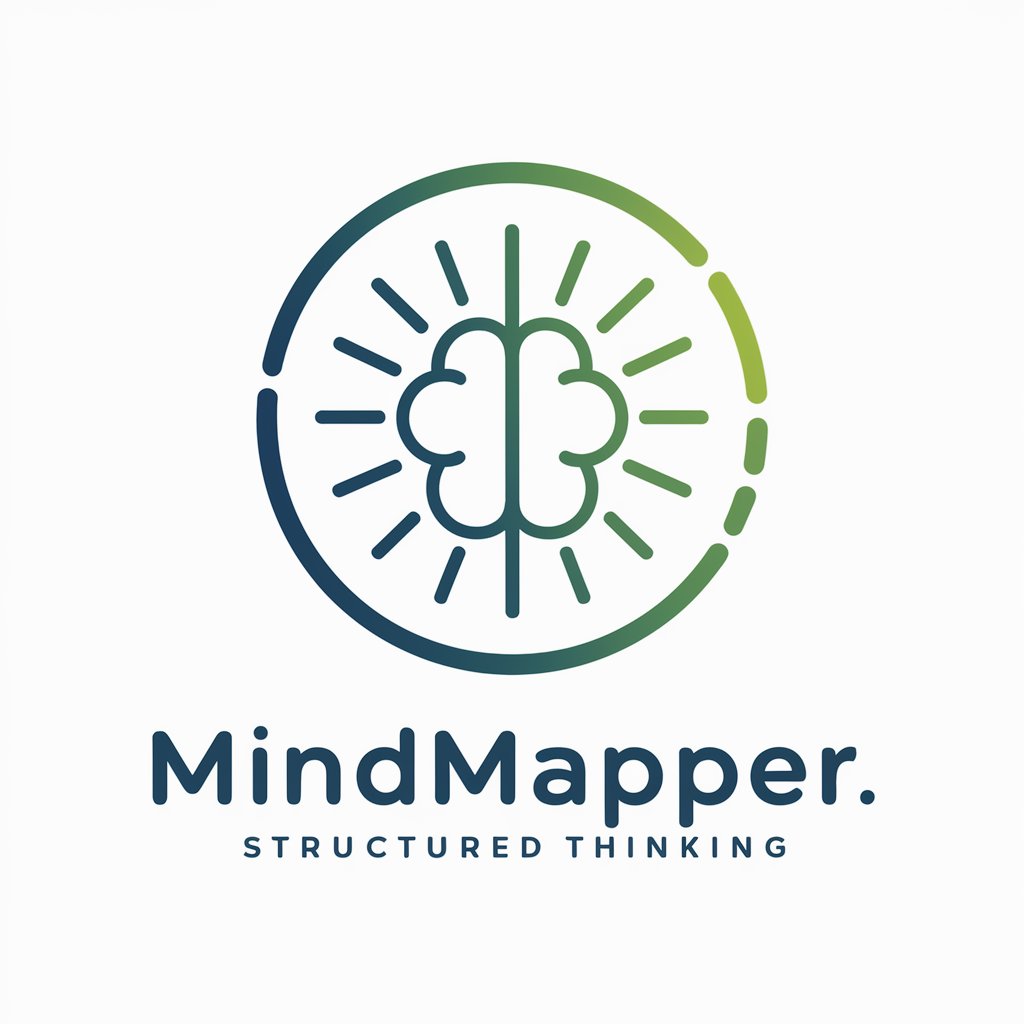
Classic Literature Guide
Unlocking the Depths of Classic Literature
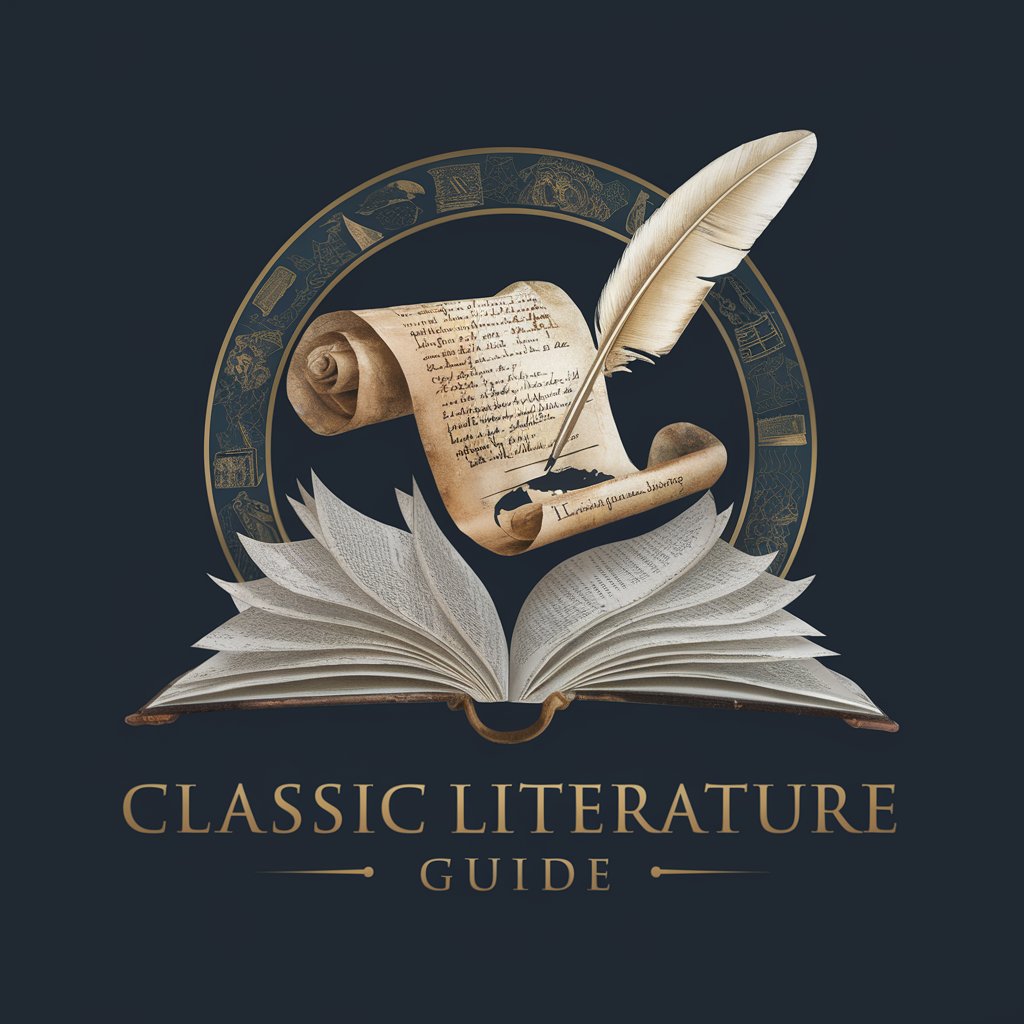
Jodie's virtual product initiative assistant
Empowering Product Innovation with AI
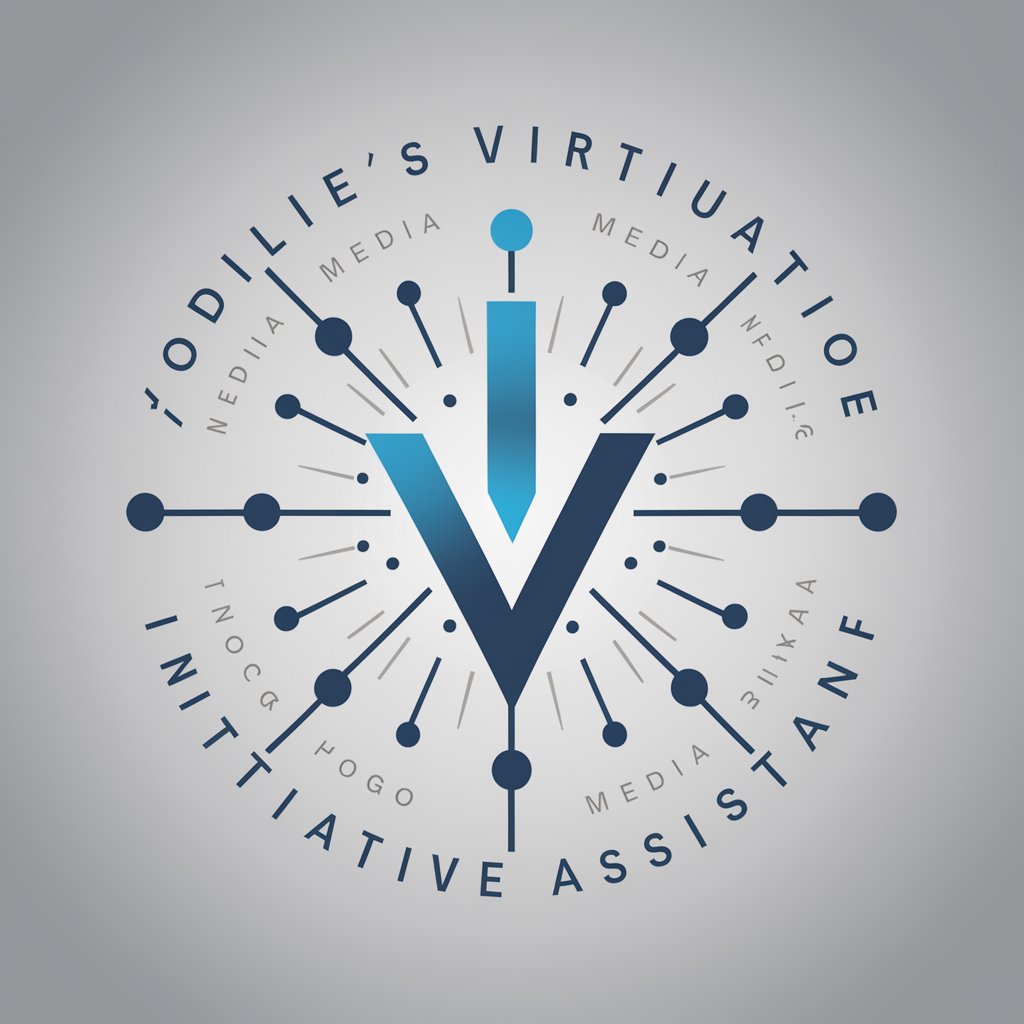
Life Coach Guru
Empowering Your Success Journey with AI

Nanny Wise
AI-powered parenting companion

MyCurator
Empower Your NFTs with AI-Driven Creativity

Newsletter Scribe
Craft engaging newsletters effortlessly with AI

Cross-Border Investigation Assistant 跨境偵查小助手
Streamlining Global Investigation Efforts

Frequently Asked Questions about Music Theory
How does modal blues differ from minor blues progressions?
Modal blues leverages modes, such as the Dorian or Mixolydian, offering a more nuanced harmonic texture compared to the minor blues, which primarily uses the minor pentatonic scale and chords derived from the natural minor scale.
What are some scale options for improvising over a major flat six chord?
For a major flat six chord, consider using the Lydian #2 mode from the harmonic major scale, or the major pentatonic scale of the chord's root, adding color and depth to your improvisation.
How can I approach unconventional turnarounds in jazz?
For unique turnarounds, like moving to the major flat six before the dominant five, explore substituting related ii-V progressions or using diminished scales to create smooth voice leading and tension resolution.
Can Music Theory help with song analysis?
Absolutely. Music Theory provides tools for dissecting song structures, understanding harmonic functions, and identifying modulations, enabling a deeper appreciation and insight into any musical piece.
What are some advanced tips for blues improvisation?
Dive into microtonal bends, quartal harmony for comping, and mixing the minor and major pentatonic scales. Experiment with outside playing by incorporating chromatic notes or modes like the altered scale over dominant chords for tension.
